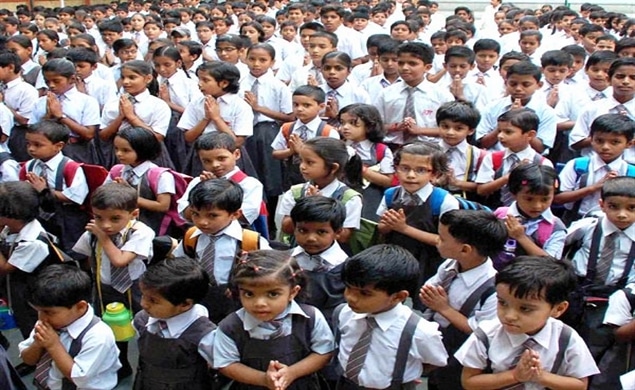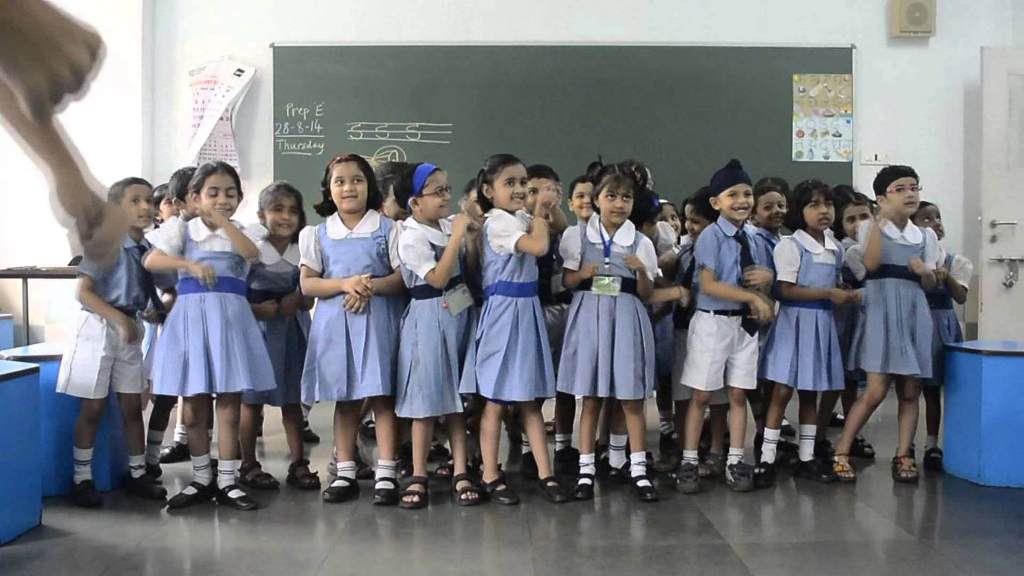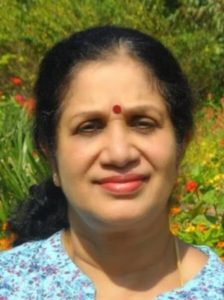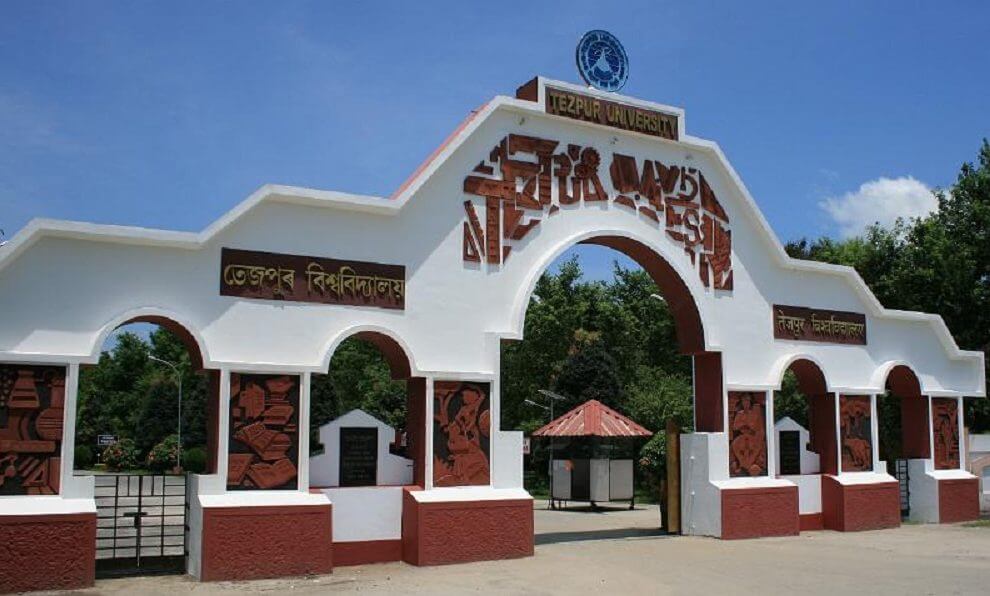It is a matter of concern that we are turning out lakhs of students each year from the portals of our colleges with emphasis only on theoretical knowledge, Vice-President M Venkaiah Naidu said on Monday, adding that “we are merely adding numbers and not individuals with critical minds”.
Speaking during the ninth convocation of Lovely Professional University (LPU), in Phagwara, Punjab, he said: “Of course, there are islands of excellence like the IITs, IIMs and the IISc. But that’s not enough if India has to emerge as a knowledge hub and a major economic power in the coming years.”
“There is a need to completely overhaul our education system. We cannot allow the status quo to continue. We need to change the system and the change has to be for good,” the Vice-President stated.
During his speech, the vice president quoted Pandit Deendayal Upadhyaya and mentioned education as the main instrument for socio-economic transformation of the nation that lays the foundation for building a knowledge society. He said, “Education is an investment, an educated individual will indeed serve the society.”
The Vice-President said though there were islands of excellence in education sector like the IITs, IIMs and the IISc in India but these were not enough if India had to emerge as a knowledge hub and a major economic power in the coming years.
Grieved with Indian institutes’ poor performance in various global rankings, the vice president referred 2019 Times Higher Education’s global ranking and said, “No Indian University has figured in the top 200 institutions. While IISc is ranked 251 and IIT Indore figures at 351, other Indian Institutions are ranked between 401 and 1001. These rankings underscore the need for higher education institutions to improve the standards by leaps and bounds to make them globally competitive.”
Stating that the time has come for universities to forge organic links with industries and impart skills to students in accordance with the requirements of the industry, he said: “Although, some universities are acting in this direction, it is not enough and there is a need for paradigm shift in teaching and learning methodologies of our universities to enable the students face global competition effectively and with confidence.”
“India is a young nation with 65 percent of the population under the age of 35 years. We are placed in a uniquely advantageous position as compared to many other nations which have ageing populations, he added.
Suggesting the solutions for the challenges faced by the Indian education system, the vice-president advocated increasing the number of institutions and universities to meet the growing demand of students seeking higher education and to realise India’s target of a gross enrolment ratio of 30 percent by 2020.
He said, “This would translate into an additional 10 million students, of which private universities and institutions are expected to provide education to about six million students.”
“But simply an increase in numbers without ensuring quality would be detrimental to national interests. We need to restore India’s ancient glory as a prime destination of quality higher education. India was once known as ‘Vishwaguru’ and ours universities were international centers of excellence,” he further stated.
Referring Punjab as the Golden State of India, the vice president said he was happy to be in the State endowed with nature and with people of indomitable spirit, exemplary valor and zest for life.
Applauding the entrepreneurial and hard working nature of Punjab’s people, Naidu stated that the region is renowned for export of sports goods, hand tools and leather goods.
He also referred the region as largest NRI belt of North India and a fast emerging hub of education in the state.
The vice-president congratulated the university students who have excelled in the pursuit of academic, cultural and sports activities and all the graduating students for their accomplishments.
He also congratulated LPU for being a young university with enthusiasm and innovative spirit for its commitment to provide quality education and prepare students to face the challenges of the global society in the 21st century.
 “Even today, 46,144 students from 166 countries are studying in India. The breadth of Indian higher education is appreciable. However, the fact is that there are still gaps in quality which deter the country from attaining world-class excellence,” the President said while delivering a speech at the 15th convocation ceremony of the Symbiosis International University.
“Even today, 46,144 students from 166 countries are studying in India. The breadth of Indian higher education is appreciable. However, the fact is that there are still gaps in quality which deter the country from attaining world-class excellence,” the President said while delivering a speech at the 15th convocation ceremony of the Symbiosis International University.



























